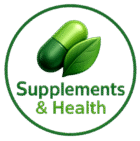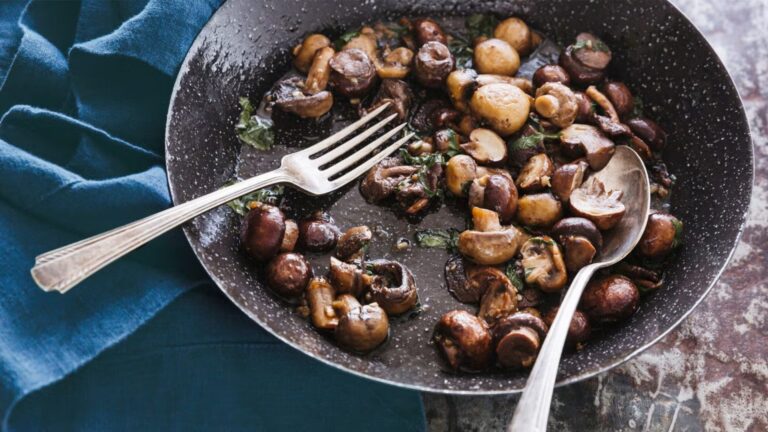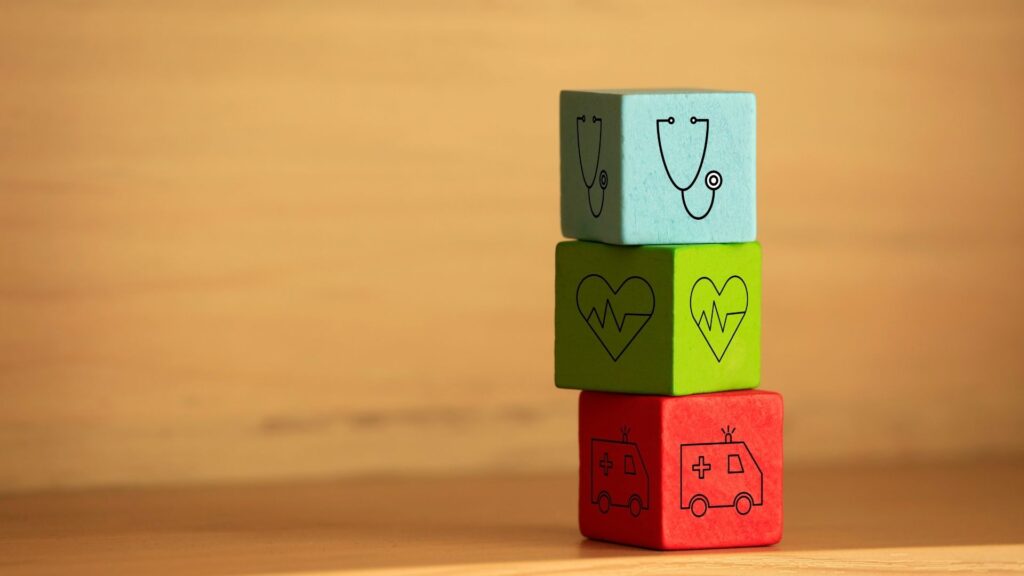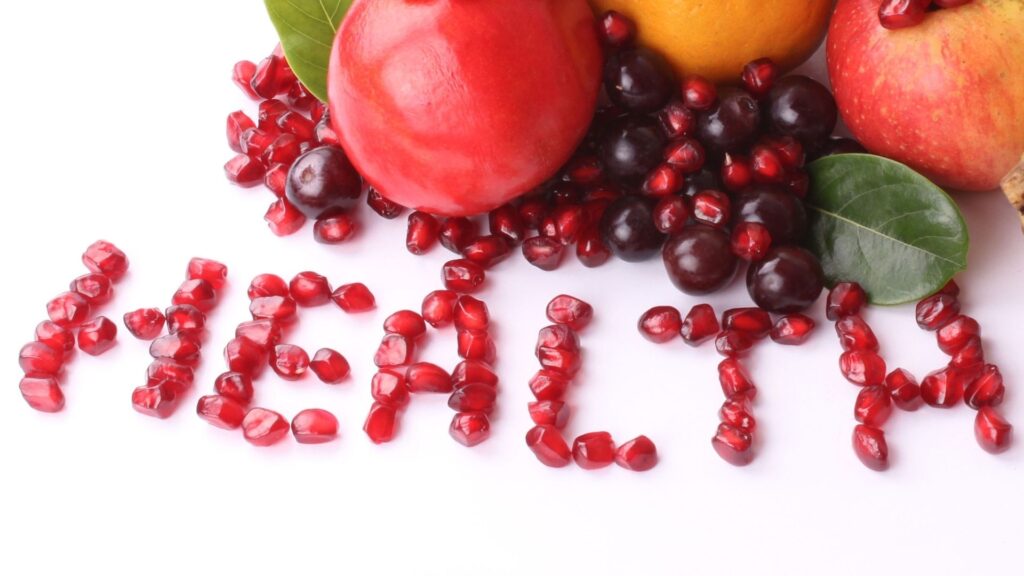If you eat a vegan diet, getting enough vitamin D each day can be challenging. Many of the foods highest in vitamin D, such as salmon, egg yolks, and shellfish, aren’t vegan-friendly.
Taking in sufficient amounts of vitamin D can be difficult, even for people who aren’t vegan. One study found that 41.6 percentTrusted Source of Americans may be deficient in vitamin D.
In this article, we’ll look at the best sources of vitamin D for vegans, the effectiveness of supplements for vegans, and how you can optimize your intake of this important vitamin.
Why do you need vitamin D?
Vitamin D’s primary role is to help your body absorb calcium and phosphorous from food.
Both these minerals are essential for maintaining healthy bones. People who don’t get adequate amounts of vitamin D are at a heightened risk of developing weak and brittle bones.
Your immune system also needs vitamin D to work well. Research from 2011Trusted Source shows that vitamin D deficiency is linked to increased autoimmune issues and a higher risk of developing infections.
According to a 2013 review of studiesTrusted Source, people who have low levels of vitamin D may also be at a greater risk of depression than people with healthy levels of the vitamin.
There’s some evidenceTrusted Source to suggest that vitamin D may play a role with cancer prevention, but research isn’t conclusive at this time.
There’s also evidenceTrusted Source to suggest that vitamin D may reduce the risk of heart disease, but more research is needed.
Vegan sources of vitamin D
Vitamin D is unique compared to other vitamins. Even though you can get it from various food sources, your body can also make it. When you expose your skin to sunlight, your body has the ability to convert cholesterol into vitamin D, which also acts as a hormone.
Many of the foods highest in vitamin D come from animals. However, there are good sources of this vitamin that are vegan-friendly.
You may see vitamin D content listed in micrograms (mcg or μg) or international units (IU). A microgram of vitamin D is equivalent to 40 IUTrusted Source.
Here are some of the best vegan sources of vitamin D.
Fortified soy milk
One cup of soy milk fortified with vitamin D contains about 2.9 mcg (116 IU) of vitamin D.
It’s important to check the label before buying a brand of soy milk to see if vitamin D is included. Brands that aren’t fortified contain very little vitamin D.
Mushrooms
Mushrooms are one of the only non-animal sources that contain a significant amount of vitamin D.
Mushrooms grown in the dark may not contain a significant amount of vitamin D. However, mushrooms exposed to ultraviolet light when growing may contain about 450 IU per 100 gram serving.
Mushrooms contain vitamin D-2, while animal products contain vitamin D-3. ResearchTrusted Source has found that vitamin D-2 might not be as bioavailable as vitamin D-3 but can still raise vitamin D levels.
Fortified cereals
Many breakfast cereals and brands of oatmeal are fortified with vitamin D. Cereals fortified with vitamin D will usually list the vitamin in the nutritional information.
The amount of vitamin D found in fortified cereals can vary between brands. Most typically contain between 0.2 to 2.5 mcg (8 to 100 IU) per serving.
Fortified orange juice
Not all orange juices are fortified with vitamin D. However, brands that are fortified may contain up to 2.5 mcg (100 IU) per serving.
Juices that are fortified with vitamin D will typically mention this on the packaging.




